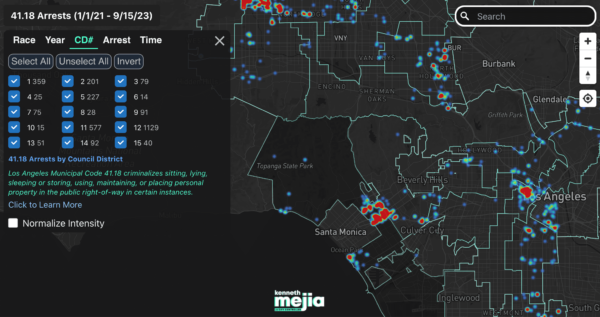A jury’s award of $450,000 to a Los Angeles County fire captain who maintained he was subjected to retaliation after he criticized a supervisor for allegedly giving preferential treatment to a female recruit, in violation of the county’s policy of equity, has been upheld by a judge.
On Wednesday, Los Angeles Superior Court Judge Lia Martin denied motions by county attorneys for a new trial or judgment notwithstanding the verdict in the case brought by Capt. Michael Cash, who alleged that management wrongfully removed him from a proposed list of training captains as punishment for speaking out against the allegedly discriminatory actions of Battalion Chief Patrick Errett.
“Not showing remorse about his gender-based preferences, Chief Errett doubled-down on his discrimination, saying that he did not care if the department had to pay out legal settlement money because he was violating the law,” Cash’s attorney, Steven H. Haney, stated in his court papers.
In its June 26 verdict the jury found 11-1 the county engaged in illegal discrimination by giving a pass to a female who failed the academy over three males who also failed, but were not given a pass, Haney said.
But in their court papers, county attorneys argued that Cash did not introduce “one iota of evidence” that was involved in the decision to remove him.
“The absence of any evidence of Chief Errett’s involvement in plaintiff’s removal from the list of proposed training captains is staggering and plaintiff’s testimony makes clear that the sole basis for his contention that Chief Errett was the decision maker is sheer conjecture,” county lawyers further maintained in their court papers.
Cash was hired as a firefighter in 1999 and became a captain in 2013. Errett is the director of training in charge of the academy. The suit alleged that female recruit Alexis Miller was hurt during the 147th academy and failed a ladder test in the 148th academy, telling those around her, “I just didn’t get it done,” according to Haney’s court papers.
However, Errett gave Miller a “charity pass” that he justified by saying the department was considering changing the 24-foot, one-person ladder evolution in the future, according to Haney’s court papers, which further state that the exercise reflects real-world skills that firefighters often face.
None of the training captains agreed with Errett’s decision to pass Miller, according to Haney’s court papers
Cash told Errett that his decision to pass Miller was unfair because the department did not bend the rules for the male firefighters who had failed the academy the same day, according to Haney, who also stated that the plaintiff told Errett that his decision undermined the previous accomplishments of female recruits in general.
Cash had been selected as captain of the 151st training academy, a highly coveted position that provides prestige, benefits for future promotions, a higher likelihood of working overtime, and permits more evenings and weekends off, according to Haney’s court papers. However, Cash was told by another captain in February 2018 that he no longer had the job, Haney’s court papers stated.
To replace Cash, the department selected an unqualified person who did not even meet minimum eligibility requirements and Errett refused to tell Cash why he was removed, according to Haney’s court papers.
To protect Errett, the department said Cash was removed because he had written articles for a firefighters nonprofit magazine, Straight Streams, which the department deemed “sarcastic” and therefore disqualified him from the position, Haney stated in his court papers.
When Chief Deputy David Richardson was asked in a deposition what he found objectionable about Cash’s articles, Richardson said it was his use of the words fireman, instead of firefighter, and brotherhood, which he believed expressed too much masculinity, according to Haney’s court papers.
In their court papers, defense attorneys stated that the county had a “legitimate, non-retaliatory reason” for removing Cash from the training captains eligibility list “due to his sarcastic Straight Streams articles.”
By writing those articles, Cash showed he did not embody the leadership skills and judgment expected of a training captain, according to the county attorneys, who further stated in their court papers that Cash admitted at his deposition that he does not know who made the decision to remove him from the training captain eligibility list or why the decision was made.







